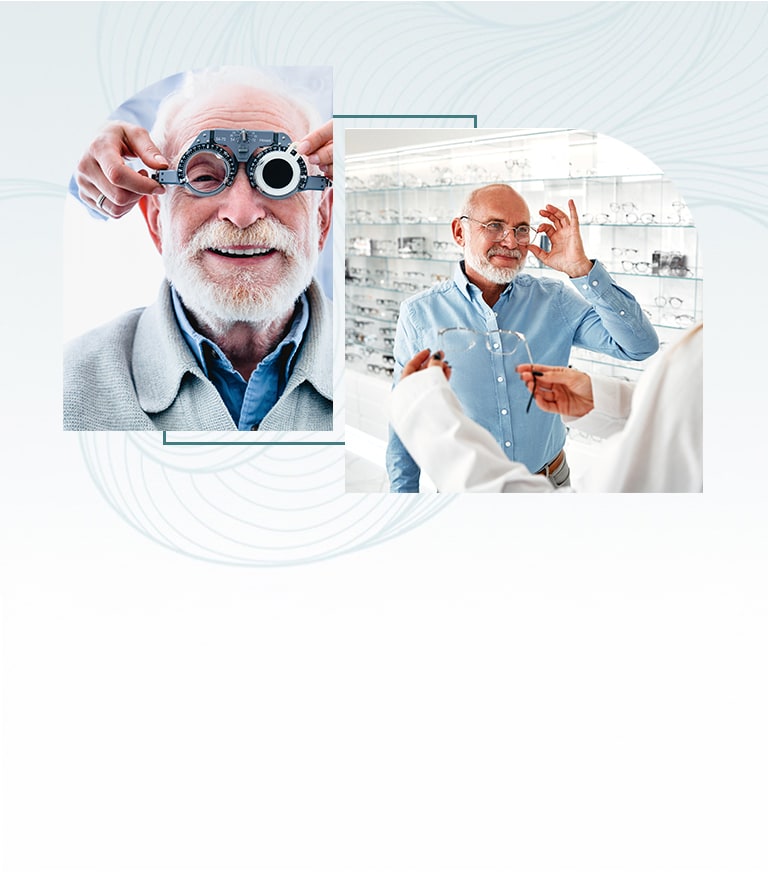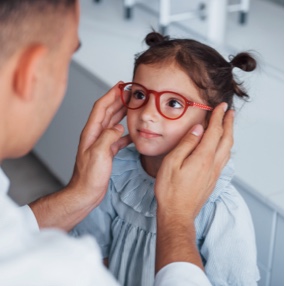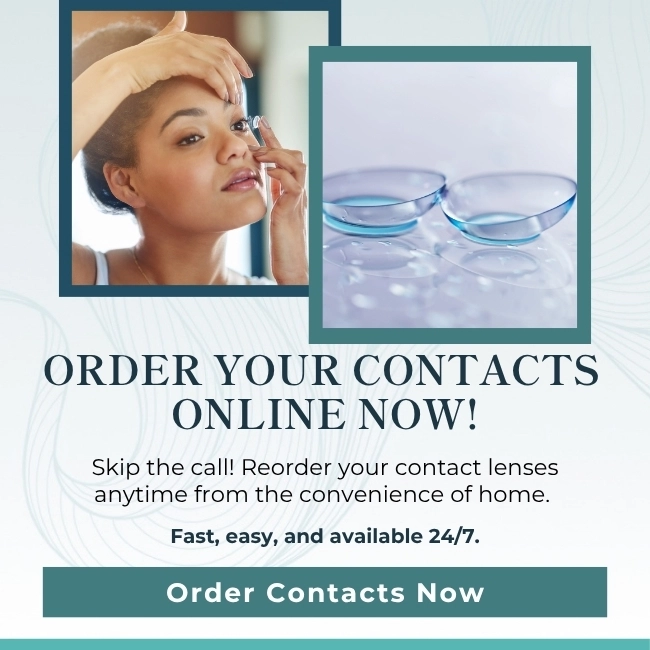Why Routine Eye Exams Matter for People with Diabetes

People with diabetes should have a comprehensive eye exam at least once a year. Once we have a better understanding of your overall health and eye history, we’ll tailor a schedule based on your needs.
Diabetes can affect the blood vessels in your eyes, leading to eye diseases that may not have early warning signs. Regular exams help detect changes before they impact vision. Early intervention allows for better management, reducing the risk of vision loss.
These exams also provide insight into overall health. Changes in the eyes can signal shifts in diabetes control. If you’re a patient with diabetes, contact us to book a diabetic eye exam today!

Diabetes & Eye Health
Diabetes increases the risk of several eye conditions, including diabetic retinopathy, diabetic macular edema, cataracts, and open-angle glaucoma.
- Diabetic retinopathy occurs when high blood sugar damages blood vessels in the retina, leading to vision loss.
- Diabetic macular edema causes swelling in the retina, affecting central vision.
- Cataracts can develop earlier in people with diabetes.
- Open-angle glaucoma is more common due to increased pressure in the eye.

The Technology We Use for Diabetic Eye Care
We use several diagnostic tools to help monitor your eye health and detect diabetes-related changes early. Our technology provides clear, detailed images of your eye’s retina and other structures, allowing for a more thorough assessment.
These tools help us track changes over time and tailor care to each patient’s unique needs.
Optos California RGB
The Optos California RGB provides ultra-wide field imaging, capturing a detailed view of the retina (back of the eye) in a single scan. This allows for early detection of diabetic retinopathy and other retinal conditions without the need for dilation in many cases.
With a more complete picture of eye health, we can detect subtle changes that might otherwise go unnoticed.
OCT Maestro 2
Optical coherence tomography (OCT) with the Maestro 2 provides a cross-sectional image of the retina, allowing us to see beneath the surface of the eye. This is particularly valuable for detecting diabetic macular edema and monitoring retinal thickness over time.
By identifying issues early, we can recommend treatments that help protect vision.
Blood Pressure Monitoring
Blood pressure plays a key role in eye health, especially for people with diabetes. High blood pressure can contribute to diabetic retinopathy and other complications.
Our in-office blood pressure monitor helps us assess overall risk factors and provide guidance on managing both eye and systemic health. Keeping blood pressure in check can support your long-term vision health.
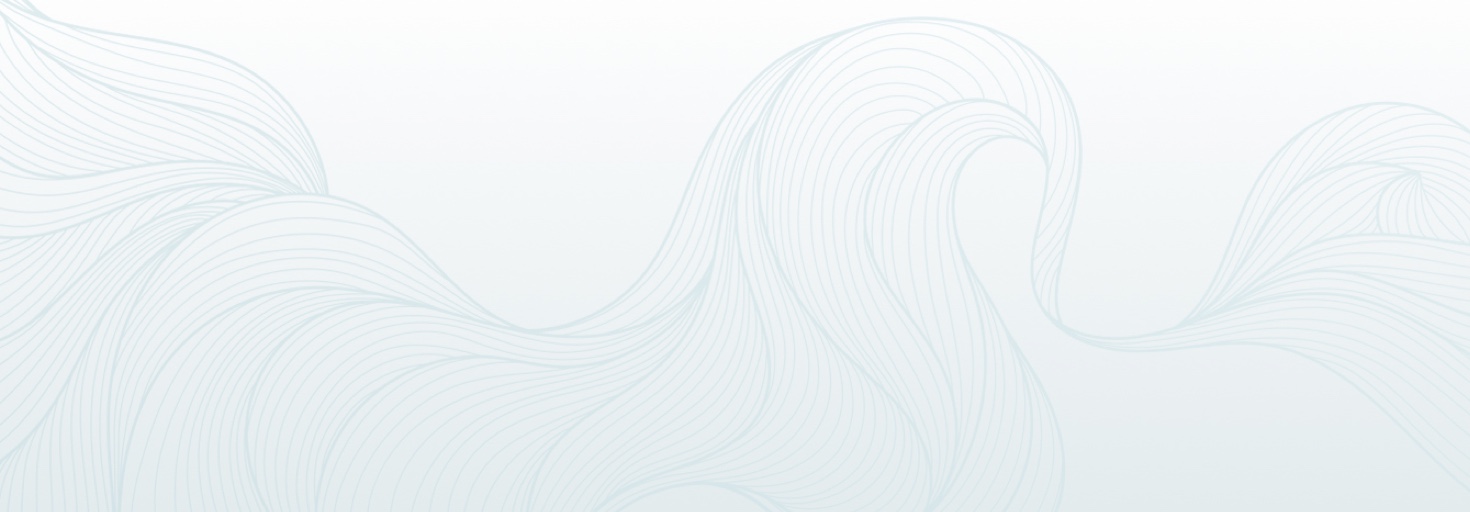
Book a Diabetic Eye Exam with Us
Protecting your vision starts with regular diabetic eye exams. We provide personalized care to help you maintain eye health.
Book your exam today and take a proactive step toward preserving your vision.
Come Visit Us
Where to Park
Our office is conveniently located on College Ave West, next to the Guelph Campus Co-operative and across from the OVC Small Animal Clinic. We offer plenty of parking right in front of our clinic. To access our lot, turn onto Borden St., drive behind the building, and circle around to park in front!
Our Address
- 21 College Ave West
- Guelph, ON N1G 1R7
Contact Information
- Phone: 519-822-2710
- Fax: 519-822-7877
Hours of Operation
Your Home for Eyewear
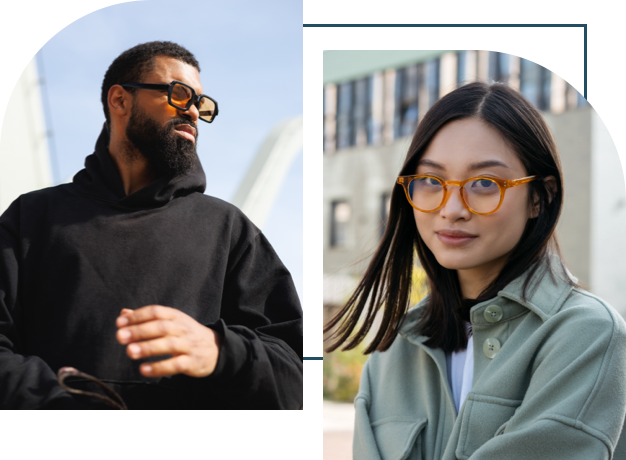



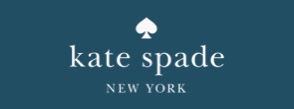

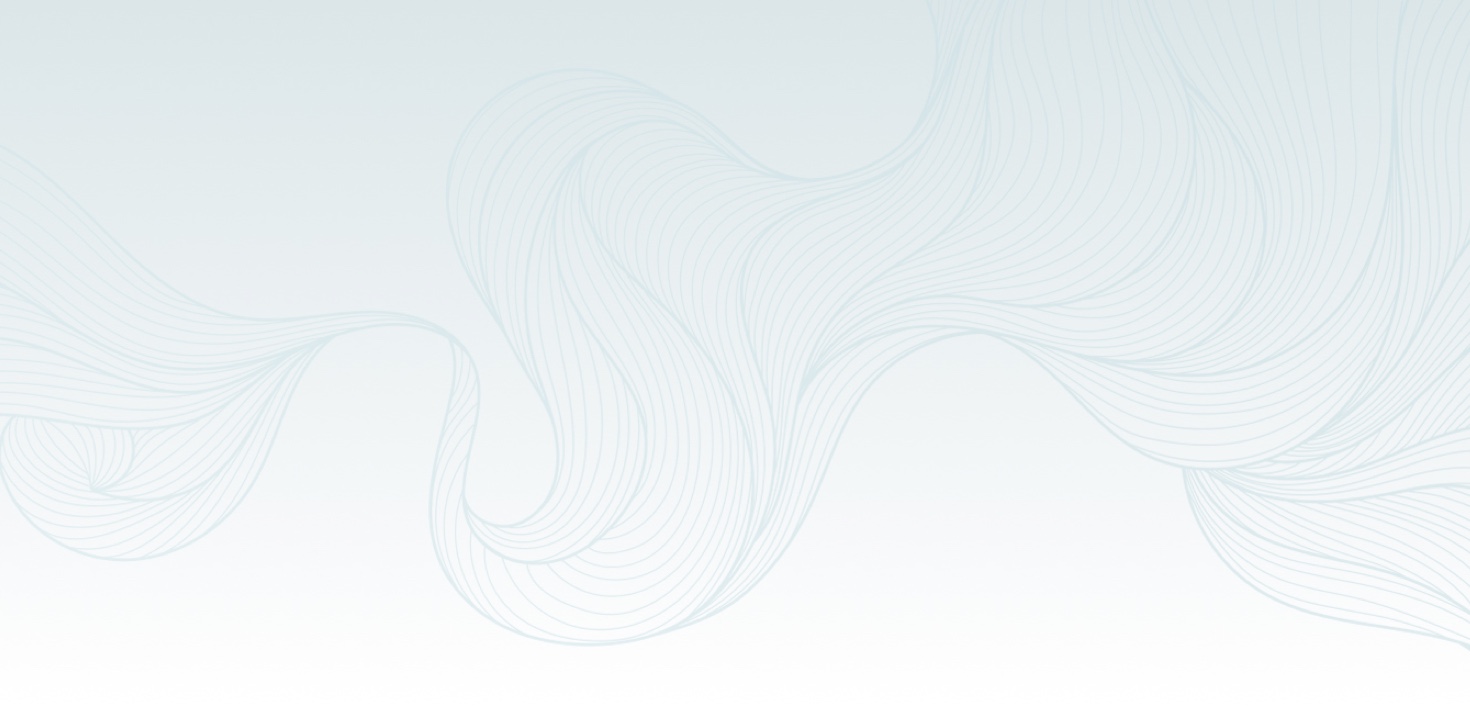
Check Out Our Reviews


Read Our Blogs
Why Are My Eyes So Dry?
Dry EyesThis gritty sensation often happens because your tears are not providing enough moisture to keep your eyes properly lubricated. […]
What Glasses Suit My Face?
GlassesThe right glasses for your face should complement your unique features, match your personal style, and fit your daily life. […]
Myopia vs. Hyperopia: What’s the Difference?
MyopiaIn simple terms, myopia, or nearsightedness, makes distant objects look blurry, while hyperopia, or farsightedness, can make close-up items appear out of focus. […]
Read More… from Myopia vs. Hyperopia: What’s the Difference?
Why Are My Eyes So Dry?
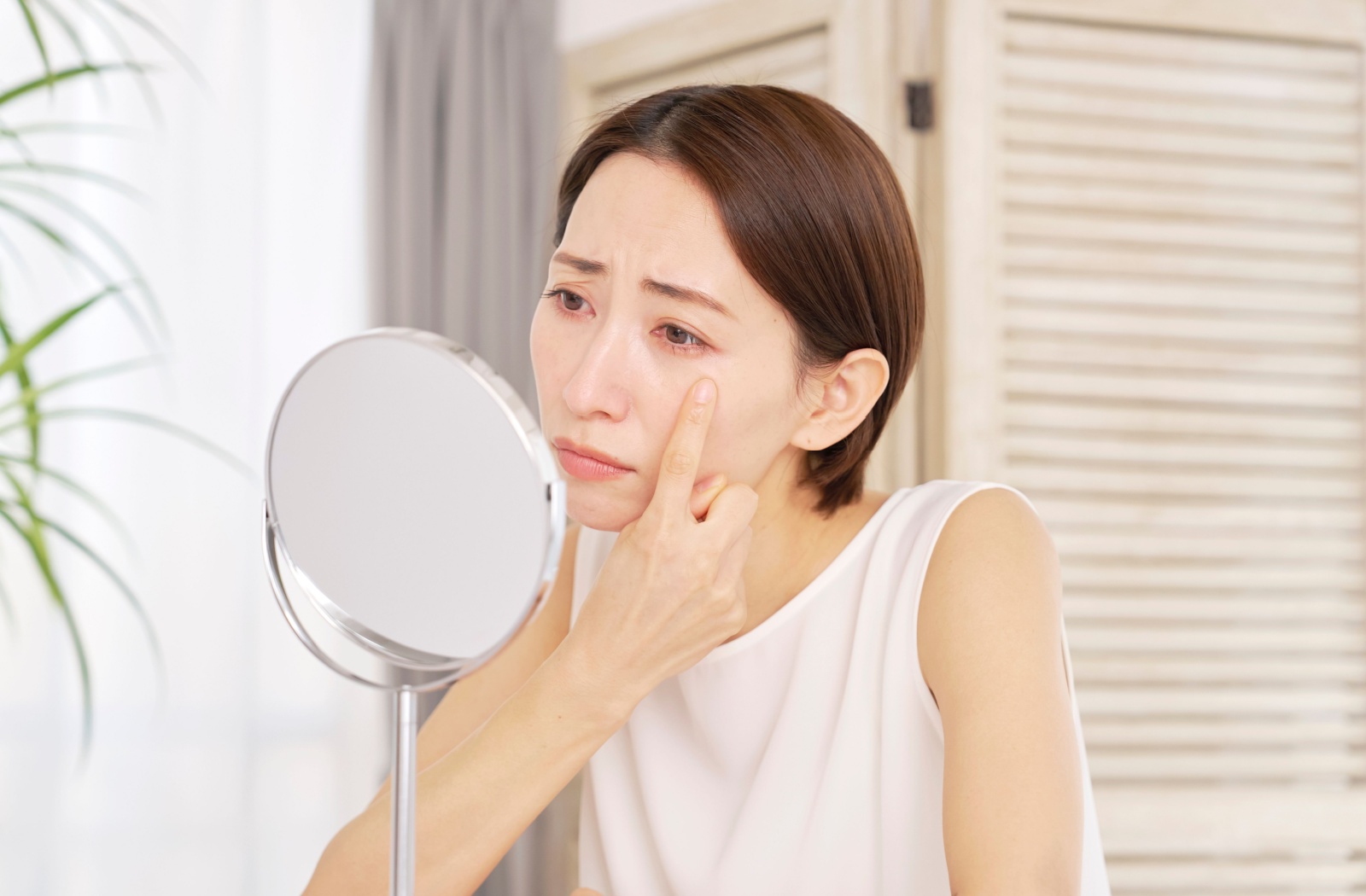
This gritty sensation often happens because your tears are not providing enough moisture to keep your eyes properly lubricated. […]
What Glasses Suit My Face?

The right glasses for your face should complement your unique features, match your personal style, and fit your daily life. […]
Myopia vs. Hyperopia: What’s the Difference?
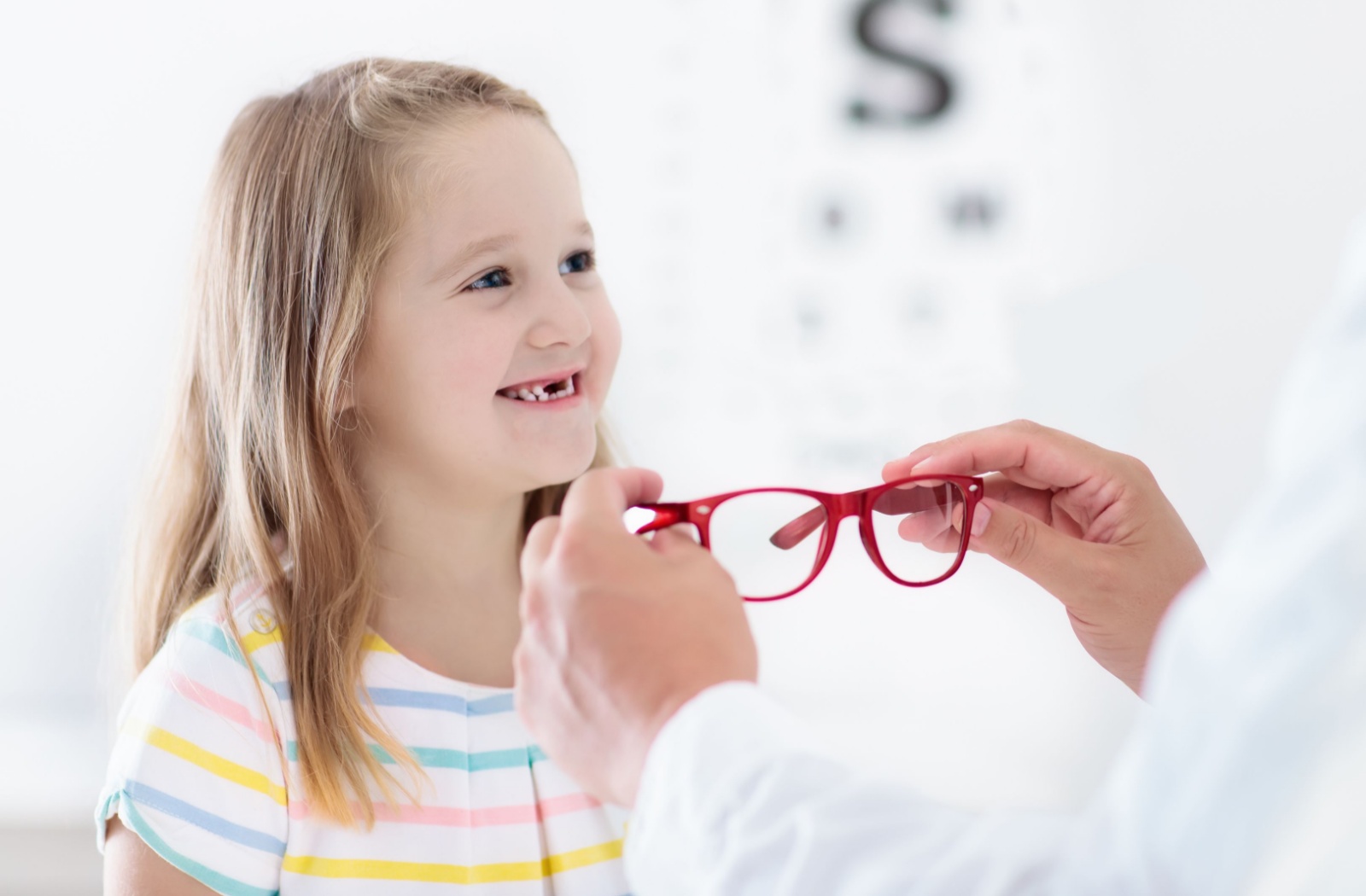
In simple terms, myopia, or nearsightedness, makes distant objects look blurry, while hyperopia, or farsightedness, can make close-up items appear out of focus. […]
Read More… from Myopia vs. Hyperopia: What’s the Difference?
